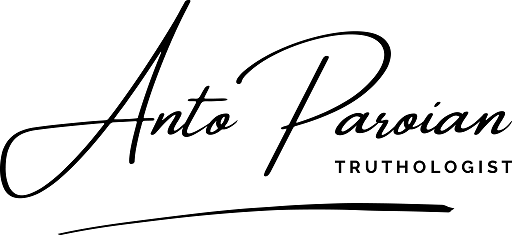Advanced Interviewing Skills & Techniques

The objectives of this course are to identify the essential characteristics of interviews, distinguish interviews from other forms of communication, identify and discuss traditional types of interviews, and examine the growing roles of technology in conducting and participating in interviews.
Interviewing is an interactional communication process between two parties, that involves the asking and answering of questions. An interview is far more complex than merely asking and answering questions or talking to someone.
The informational interview is an everyday occurrence for most of us because we employ it to obtain facts, opinions, observations, reactions, feelings, and attitudes. Asking for information sounds simple, but it requires skillful questioning, listening, observing, and probing.
The frequency of surveys in our society has escalated. We provide guidelines for preparing, conducting, and evaluating survey results worthwhile for both parties.
Recruiting outstanding employees for your organization is critical to its future. The recruiting interview demands knowledge of certain laws, an applicant’s profile, information on applicants, and a carefully structured interview. Preparation must be followed by an effective opening, skillful questioning, probing into answers, thorough information giving, honest and detailed answers to questions, and an effective closing.
The position you are seeking is out there, but competition is stiff and employers are picky. There are no simple formulas, magic acts, or shortcuts to locate and land your dream job, only hard work. Personality, integrity, and drug tests are adding a new dimension to the process.
Unfortunately, the performance review can be one of the most trying of management responsibilities. During the persuasive interview, we need to understand the ethics and responsibilities of each party in persuasive interviews. Each must be active, critical, and open-minded, understand, and respect one another.
You take part in a counseling interview each time you try to help a person gain insight into a physical, career, emotional, or social problem and discover ways to cope. Not only is the health care interview arguably the most sensitive of interviews, but it is often the most complex. You need to be on the top of ethical principles and rules.
How do you know when someone is lying? The attempts to deceive are as old as humankind. The techniques developed to get the truth is fascinating. The “how-to” guide to reliable methods of questioning, observation, and analysis will assist you in this tradecraft.

